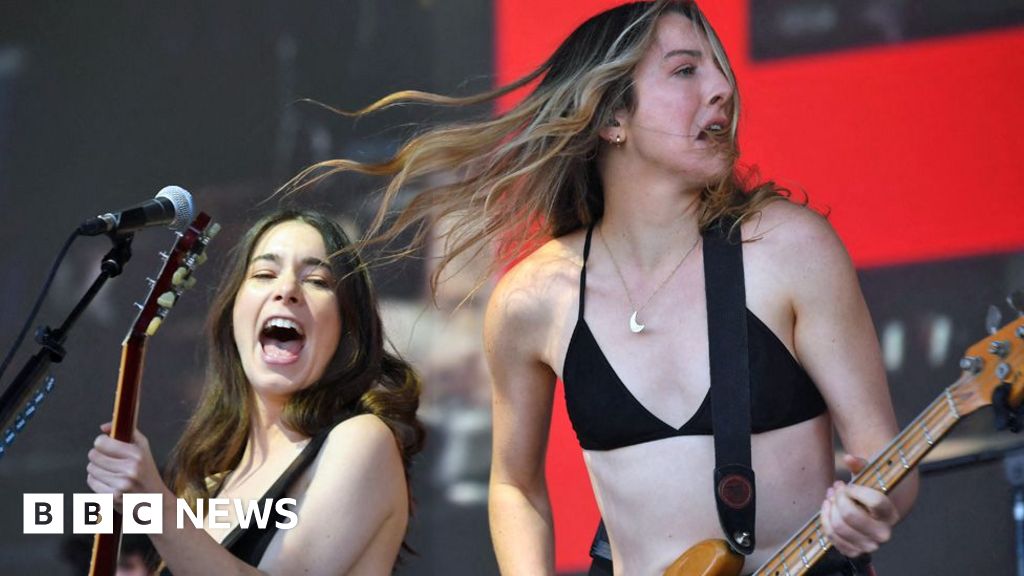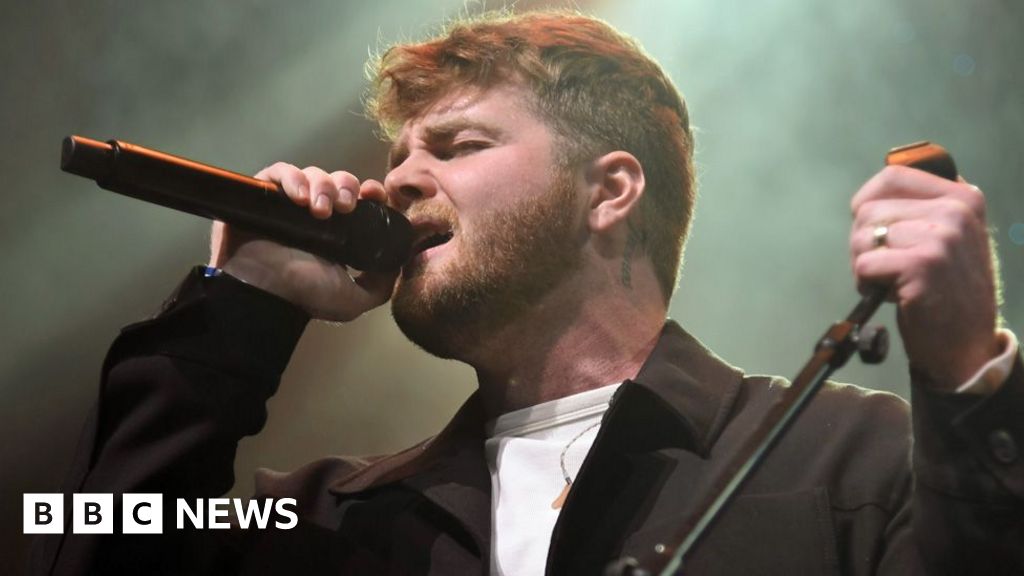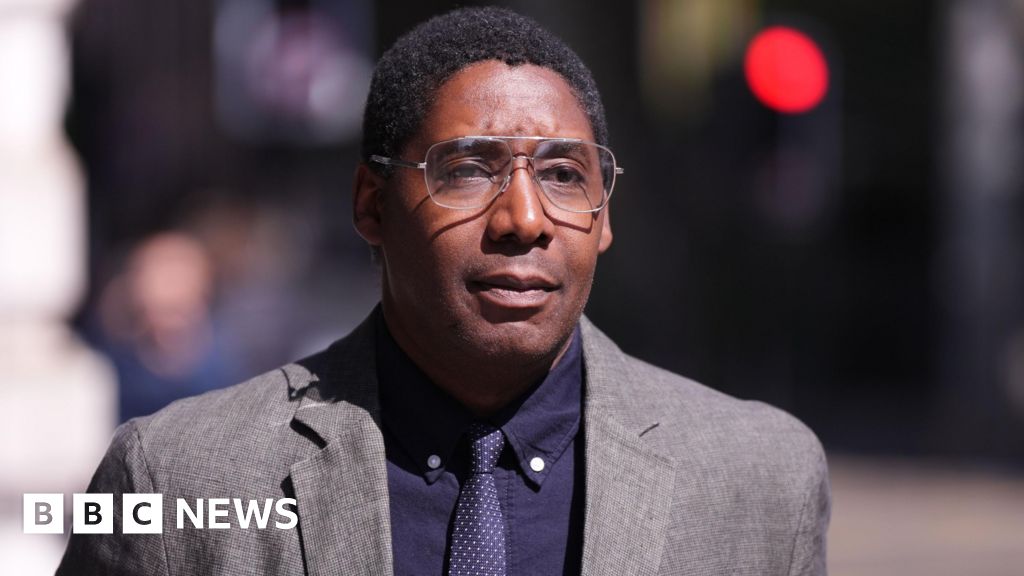ARTICLE AD BOX
 Image source, Getty Images
Image source, Getty Images
Wet Leg is fronted by Rhian Teasdale and Hester Chambers
By Manish Pandey and Megan Lawton
Newsbeat reporters at the Brit Awards
It was a successful night at the Brits for Harry Styles, Wet Leg and Beyonce.
But much of the focus leading up to and at the awards was on gender representation - or the lack of it - in categories such as artist of the year.
The word on artists' lips when speaking to BBC Newsbeat on the night was "conversation" and the hope for change.
This year saw no women up for best artist, following the decision to scrap best male and best female awards in favour of gender-neutral prizes.
Asked whether a lack of female nominees could "tarnish the reputation of the Brit Awards", Rhian Teasdale from Wet Leg said: "Yes, of course."
The band won best group and new artist at the Brits, adding to their two Grammy awards, and said it was disappointing for this to still be an issue in 2023.
"And it's not just about like women in bands. It's about all women in the industry," Rhian adds.
"It's not that hard. There are so many women making really excellent music. So… it starts at the top, doesn't it?"
Image source, Reuters
Image caption,Harry Styles named prominent female artists who didn't feature in the all-male nominations for best artist
For female rock duo Nova Twins, lessons need to be learnt for the future.
"It's always positive to push things forward and make improvements," says Georgia South.
"But it's also a night [to celebrate] the amazing female and non-binary artists."
Amy Love added: "The conversation is important. Let's also celebrate the progress we're making along the way."
"We hope next year there are more women, non-binary artists in the category. And the conversation has been had for us to learn from."
Image source, Getty Images
Image caption,Nova Twins were nominated for best group/best alternative rock
Mahalia says it's significant that the "conversation is had" around gender representation.
"I've watched it since I was a kid, so I really respect the Brits."
"If they aren't listening, then we'll have a different conversation next year or the year after. And I think at that point, if nothing changes over the years, then it will become frustrating."
The R&B singer feels the genre deserves its own category, which could be a way to give a greater platform to female artists.
"It just feels like there's less and less space for us to exist. And I think a lot of people are feeling like that."
Harry Styles won the best pop and R&B prize this year - a category notable for only nominating pop artists, and completely overlooking R&B.
Image source, Getty Images
Image caption,Mahalia says it's significant that the "conversation is had" around representation
Kojey Radical, nominated for best new artist, is often praised for championing female artists and giving a platform. He told Newsbeat it's a very personal thing which motivates him.
"I've got four sisters, loads of nieces and lots of aunts. I grew up predominantly raised by women and mainly taught by women.
"Most of the people who've helped me along have been women, so it's a no brainer for me.
"Talent speaks for itself, regardless of gender, so if something's amazing, I vibe with it all day."
He adds that the Brit Awards "holds a lot of power".
"They also hold a lot of responsibility in defining how we celebrate music in this country."
Image source, Getty Images
Image caption,Kojey Radical says "doing more to make sure more is celebrated is never a bad thing"
Ellie Goulding said she was "genuinely surprised" to see artist of the year as an all-male category.
"Something went a bit wrong, so we have to correct it. And I think we will do that next year."
So what can be done to change things?
Rina Sawayama, who was nominated for best new artist, feels "the conversation on gender always has to be progressive".
She thinks it was "a good idea to combine the categories", but a bad decision to reduce the number of nominees.
"There will be some years where more commercially successful artists are men, and that happens. But to safeguard against an all-male category, it's important to have more nominees."
Image source, Getty Images
Image caption,Rina Sawayama has experience of getting Brits rules changed
She's not alone in thinking that could be a solution - with Mahalia and Kojey Radical telling Newsbeat the same thing.
"It's pretty easy to do," Rina adds.

 2 years ago
52
2 years ago
52








 English (US) ·
English (US) ·